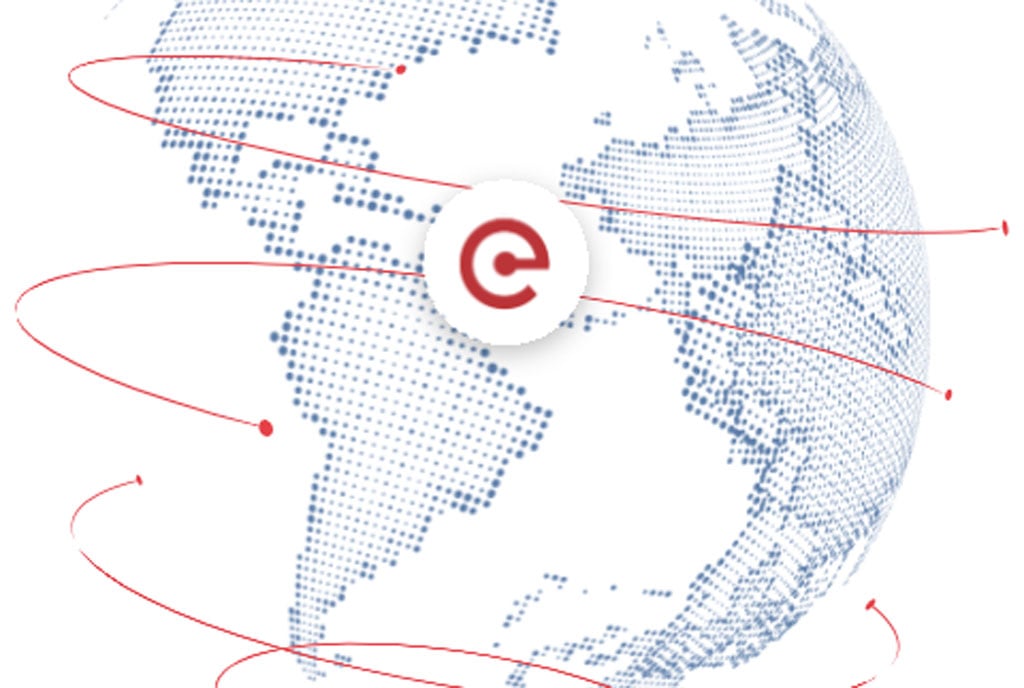eTranzact opens up Ugandan subsidiary

What you need to know:
- According to market insights from Statista, the market capitalisation of Uganda's fintech ecosystem is only $4.6b.
eTranzact Platform Limited has joined a growing number of fintech companies that are transforming Uganda's financial ecosystem by using technology to improve and automate financial services, thereby reaching out to underserved communities.
The cross-border payments fintech, which is a subsidiary of eTranzact Global, recently received approval from the Bank of Uganda to operate under Payment Service Provider and Payment System Operator licences, allowing it to provide advanced electronic payment and digital banking solutions throughout the country.
According to the company's statement, it offers instant cross-border transfers, smooth merchant settlements, and real-time interbank transactions, all while protecting people's money in transactions that cut costs "by at least 50 percent by utilising innovative technology”.
With platforms like Sacco as a service (SaaS) and MFI as a service (MaaS), the fintech helps cooperatives and microfinance institutions reach a wider audience and improve populations in an increasingly digitalised world.
Since its establishment in 2003, it has developed into one of the continent's top non-bank payment service providers, handling more than 201 million transactions a year and enabling transactions worth more than $40b in Nigeria, Ghana, South Africa, Sierra Leone, Cameroon, the United Kingdom, and now Uganda, according to data from its financials.
According to a recent study by the business audit and advisory firm KPMG, firms such as these have been progressively establishing themselves in Uganda's financial system by October, and this has been a major factor in promoting financial inclusion and economic growth.
These fintechs have grown quickly, from 24 in 2022 to 38 in 2024, a 58.3 percent growth, during which time their mobile use penetration has increased by 9.8 percent to 67.7 percent in 2024, maintaining a balance of more than Shs1.62 trillion on people's accounts using them.
This growth is immense but seems to be the tip of an iceberg, and for a couple of reasons. With only $2.6m in funding, Uganda's fintech ecosystem appears underfunded in comparison to its regional peers, which include South Africa ($367m), Kenya ($301m), and Nigeria ($243m).
According to market insights from Statista, the market capitalisation of Uganda's fintech ecosystem is only $4.6b, while that of Kenya, Nigeria, and South Africa is $11.67b, $36.2b, and $33b, respectively.
Its cellular mobile connections, however, are only 67.7 percent, compared to the aforementioned peers who have more than 90 percent, and others who have more citizens than South Africa and Kenya, indicating room for further expansion.
Compared to its peers, who have internet connections at over 40 percent, Uganda only has 27 percent.
This is a problem that requires government intervention and telcos, who are currently required to use their capital expenditures to cover 90 percent of the areas in the country with internet connections.
FINTECHS
58.3% growth. These fintechs have grown quickly, from 24 in 2022 to 38 in 2024, a 58.3 percent growth, during which time their mobile use penetration has increased by 9.8 percent to 67.7 percent in 2024, maintaining a balance of more than Shs1.62 trillion on people’s accounts.




